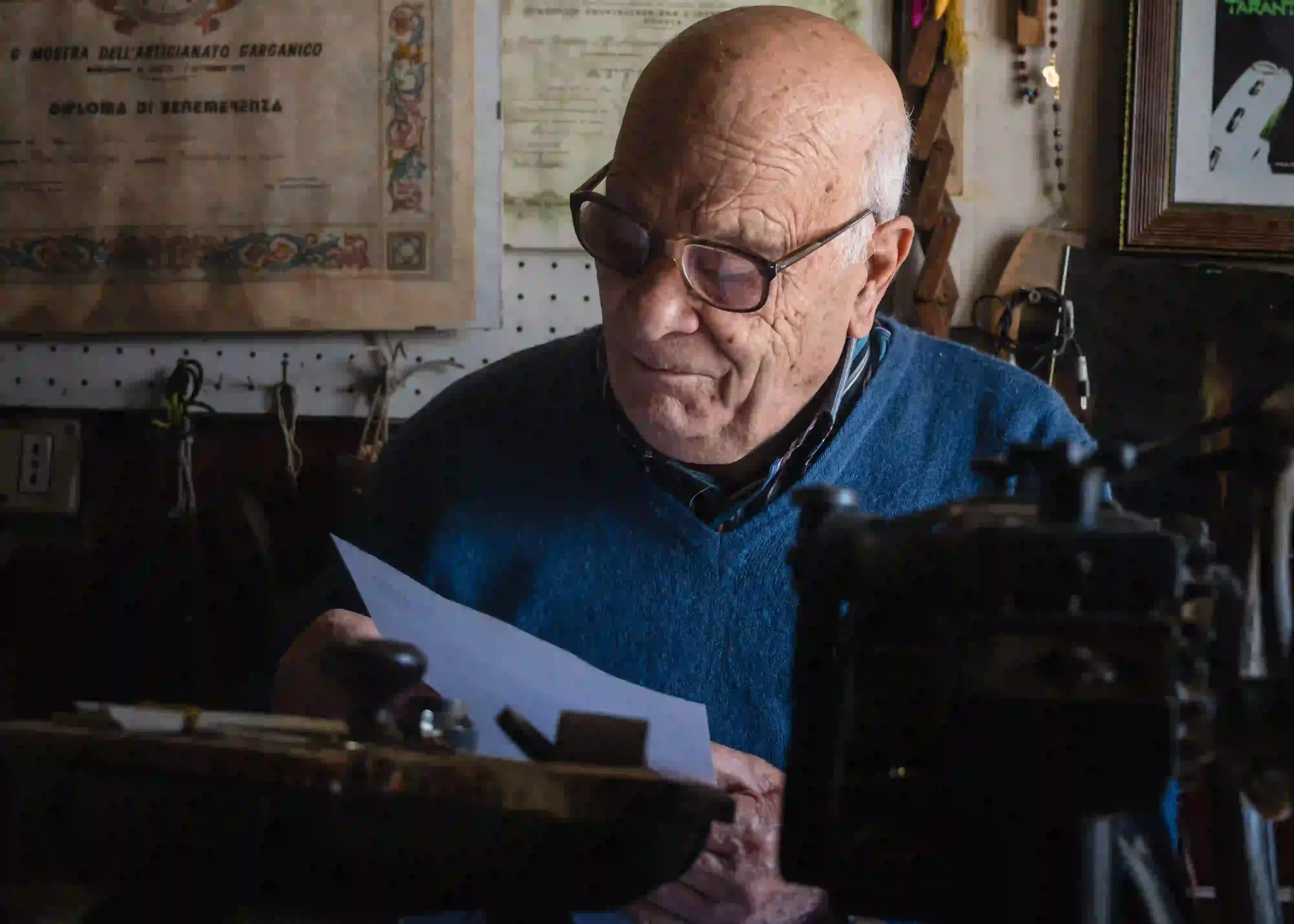Call now to speak
to an attorney

When you have placed a loved one in the care of a nursing home, assisted living facility or group home, you trust the professionals at that facility to take care of your loved one, attend to their physical and emotional needs, and ensure quality care. Too often, those residents suffer abuse and neglect in these facilities.
What are a resident’s rights in a nursing home? Read the Nursing Home Residents’ Bill of Rights.
Types of Nursing Home Abuse & Neglect
There are two fundamental types of nursing home abuse. One is active abuse, where someone is actively doing something to harm a nursing home resident.
The other is neglect, where they’re actively doing nothing to help the person in question. Beyond that, nursing home abuse and neglect can take many forms.
There are many physical and emotional indicators that caregivers can look for when their loved one is in a care home.
How do you identify abuse and neglect in a nursing home? Read here.
Once you have noted and begun to document signs of abuse or neglect of a loved one, your next question may be whether these are typical side effects related to aging and living in a group home, or whether your loved one’s legal rights are being violated.
How do you know when the line is crossed? How do you know when it’s time to call a nursing home abuse lawyer? Consider these questions:
- Has their decline been over a longer stretch of time or quick?
Typically, general health decline is more gradual, usually over a period of months. Neglect and abuse may be suspect if the decline has occurred in less than one month.
- Are there signs of bedsores at pressure points on the buttocks, legs, elbows, and heels?
If your loved one’s mobility is hampered or they are confined to a bed or wheelchair, they are at risk of developing bedsores. Are they being attended to properly and frequently?
- Does the facility offer proper walking assistance?
If your loved one has a balance problem or difficulty walking, does the nursing home staff have a written plan in place to provide assistance while walking, or do they ignore your loved one’s desire to walk simply because assistance is necessary?
- Are adequate beverages available and encouraged?
Lack of fluids (leading to dehydration) can cause confusion, which may be misdiagnosed as dementia.
- Is your loved one experiencing weight loss?
Does he/she need help eating, and if so, are they allowed plenty of time to eat and given proper help to do so?
- Are you witnessing any changes in behavior that could indicate something bad is going on with your loved one?
Watch for signs like sudden withdrawal from activities, lack of appetite, low self-esteem, and/or suicidal behavior. In general, if someone is afraid of a specific individual in a nursing home setting, abuse may be occurring.
- Is there poor infection control in your loved one’s home?
Nurses are often reluctant to call doctors until symptoms become serious. Are you seeing any signs of infection, and is your loved one being examined by a doctor?
- Are your loved ones receiving bathroom assistance or experiencing UTIs?
Are requests for toilet assistance being ignored or are they experiencing any of the symptoms of urinary tract infection such as burning urination, dark cloudy, or foul-smelling urine?
- Are physical or chemical restraints being used on your loved one?
If so, are they medically necessary and ordered by a physician? Learn more about the types of restraints used in nursing homes.
- Are medication errors occurring with your loved one?
You have a right to discuss your loved one’s medical records and ensure they are being treated properly.
- Are there questionable environmental signs at the facility?
Are there bad odors in the living space, a dirty environment in general, insect infestations, and other evident health and safety issues within the building like missing or insufficient ADA (Americans with Disabilities Act) facilities such as handicapped rails in the bathrooms?
If you have answered “Yes” to any of these questions, it’s appropriate to talk to nurses and owners of the facility to learn more about their care. It is also time to contact an experienced nursing home abuse attorney.
The Solomon & Relihan team can help investigate a case, determine who is to blame, and file a claim to pursue compensation for the victim’s suffering. Contact us today for a free case assessment.
Martin J. Solomon is a principal at Solomon & Relihan PC and has been licensed to practice law in Arizona since 1970. He practices exclusively in the area of personal injury litigation, with an emphasis on nursing home abuse and neglect. Martin is a graduate of the University of Arizona College of Law, a past president of the Arizona Trial Lawyers Association, and has served as a member of the Board of Directors for the Arizona Center for Disability Law and the Arizona Center for Law in the Public Interest. He is a member of the Nursing Home Litigation Group in the American Association for Justice (formerly the American Trial Lawyers Association), the National Citizens’ Coalition for Nursing Home Reform and the Maricopa Elder Abuse Prevent Prevention Alliance.

